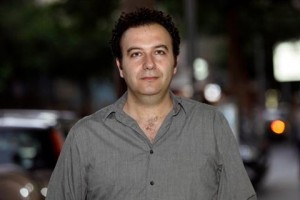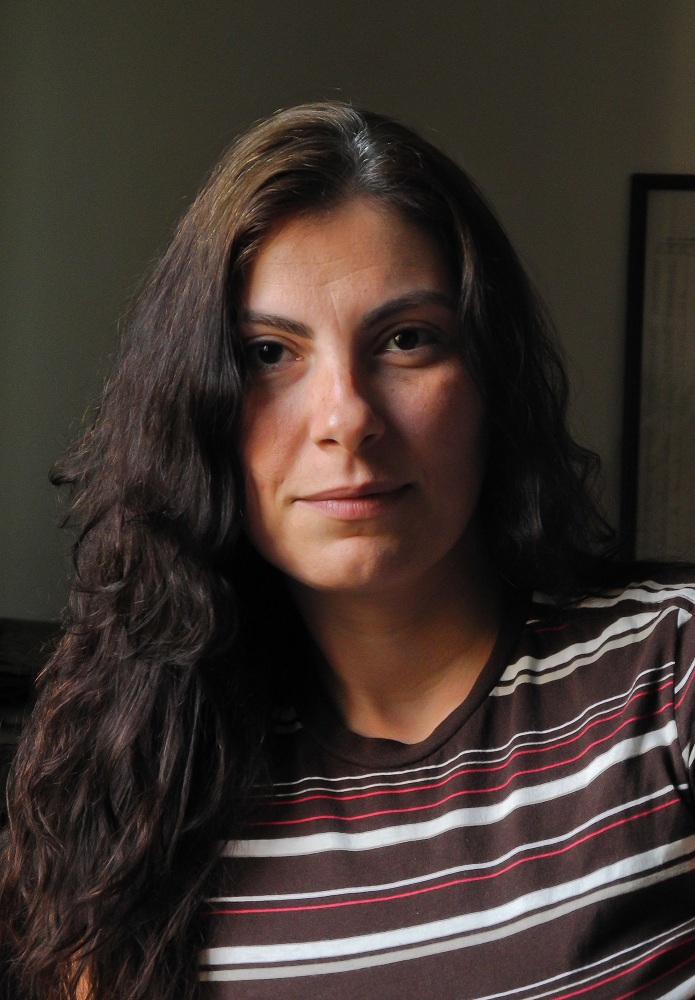There is an old Egyptian joke about Tanabel El-Sultan, (the Sultan’s slackers), who were notorious for their laziness. The sultan was so fed up with seeing the slackers lazing about that one day he ordered their execution. The slackers were loaded onto a wagon and driven off to be killed. Fortunately for them, the vizier was a kind man and interjected with the sultan on their behalf, telling him that they could be given leftovers from the royal kitchens to live on.
The sultan agreed to the vizier’s request and pardoned the slackers. The vizier rushed off and caught the wagon before it arrived at the gallows. He told the slackers: “You have been pardoned by the sultan. We will give you leftover bread and all you have to do is dip it in water and eat it.” The slackers considered this and replied: “We have to dip it in water as well? Driver, keep driving!”
Now, Egypt’s National Salvation Front isn’t quite that indolent. If someone went out and campaigned on their behalf, won over the Egyptian people, removed the Muslim Brotherhood from power and then offered the NSF the country’s leadership, you get the sense that they might just accept.
It isn’t that they are individually apathetic, Hamdeen Sabahi is an energetic campaigner, Amr Moussa is dynamic despite his age, and Mohammed ElBaradei has his own appeal among certain sections (God knows why; the man is so uninspiring he used to make nuclear annihilation sound dull).
The problem is that the NSF is a lowest-common-denominator outfit whose members happen to be temporarily unified against the Muslim Brotherhood. I refer to them as the “Noslamists”; for all intents and purposes that’s their only common characteristic.
These internal contradictions are translating into ineffective leadership and an inability to come up with a coherent and unified political narrative. This is happening at a time when Egypt is undergoing a crisis that requires an agile political opposition that can galvanise around the Muslim Brotherhood’s mounting mistakes in power.
It would be naïve to think the NSF has a leading role in organising and controlling protests or articulating their political demands. The protests continue to happen in short bursts of anger and discontent but at the risk of increasing the divisions within Egyptian society and without a clear aim.
Not that the protests should be condemned – on the contrary, the energetic mobilisation back in December forced President Mohammad Morsy to back off on his notorious authoritarian decree for example – but this a pattern of localised demonstrations has to have a political framework, which at the moment is entirely absent.
The unpalatable truth is that there is no revolutionary option available for the opposition at the moment, not least because that would require a wider mobilisation among the Egyptian people, something which is yet to happen. Meanwhile, the NSF is threatening to boycott the upcoming parliamentary elections in a characteristic move that typifies its disdain for engaging the public and testing its political ideas. The cynical view would be that NSF leaders are prepared to sit out Morsy’s term in power, as they are entirely devoid of ideas about how to turn the situation to their advantage.
Meanwhile, adventurists will continue to seize the initiative on the ground, further eroding the NSF’s authority. But street agitation has little chance of dramatically reversing the situation, not least because the state apparatus will be realigned closely with Morsy in his attempt to restore order. (Talk of a Morsy dictatorship at this stage is unchecked rhetoric; he certainly doesn’t have full control of the state apparatuses. Their interests will converge however toward quelling violent dissent.) Furthermore, NSF figures like ElBaradei and Moussa will support this containment both because of their natural conservatism and the indirect threat to their leadership.
If the NSF does boycott the elections, it would consign itself to irrelevance in the coming period. Fighting a “culture war” against Islamism would only aid the Muslim Brotherhood and other Islamists in mobilising their core support, and move the debate away from political and economic issues where they can challenge Morsy more effectively.
Yet the NSF is stuck with its “Noslamist” label, and it remains unable and unwilling to expand its support base through political programs. The paradox of the NSF is that it is trying to suppress its internal political contradictions, which should be the very substance of political debate and contestation.
Karl Sharro is an architect and writer. He blogs at Karl reMarks.
This article was originally published on Now https://now.mmedia.me/lb/en





